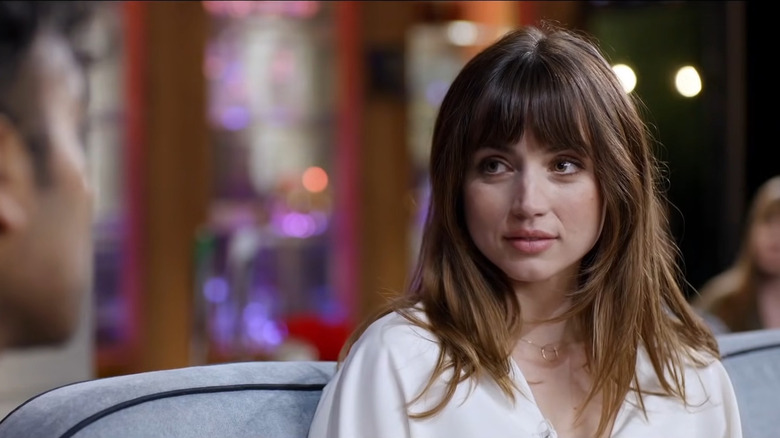Movie Trailers That Lie To Fans Can Now Potentially Get Into Serious Legal Trouble
There's perhaps nothing that enrages moviegoers more, outside of overpriced concessions, then a movie trailer that deceives them in one way or another. But for those who find this issue especially grating, there may just be a solution at hand that will have studios think twice before sending out their promotional materials.
Movie trailers are perhaps a studio's most powerful weapon and one that must be used wisely. In a seemingly simple two or three minutes, trailers can either make or break how audiences perceive a movie months before its release. While some trailers, such as those for "Avengers: Endgame" or "Spider-Man: No Way Home" can break records (via NME) and help hype audiences up while potentially even helping boost box office numbers (via The Hollywood Reporter), others, such as 2016's "Ghostbusters" and the upcoming live-action remake of "The Little Mermaid," can do the very opposite, setting audiences' mindset for the film in unwarranted ways. Like all advertisements, the right marketing can make all the difference for a movie's success, and there are plenty of factors to consider that go into it.
While a misleading movie trailer can sometimes be a blessing in disguise when a film ends up pleasantly surprising audiences, it can often make moviegoers feel cheated out of the experience they hoped to have. But thanks to a couple of movie fans and a misplaced Ana de Armas appearance, that may not be the case for much longer.
Misleading trailers can be considered false advertising
On Tuesday, December 20, 2022, U.S. District Judge Stephen Wilson ruled that misleading movie trailers can be classified as false advertising and be sued under the law, according to Variety. The case came up after two moviegoers filed a lawsuit in January against the team behind the 2019 film "Yesterday" for allegedly making it appear that "Blonde" star Ana de Armas would appear in the film despite never showing up. De Armas was set to play a secondary love interest for Himesh Patel's character, Jack Malik, but her scenes were all cut out of the film due to poor audience reactions (via CinemaBlend).
Per Variety, while the film's distributor, Universal Pictures, argued that trailers should be protected under the First Amendment and be seen as expressive pieces, the judge wouldn't budge. "Universal is correct that trailers involve some creativity and editorial discretion," Wilson stated. "But this creativity does not outweigh the commercial nature of a trailer. At its core, a trailer is an advertisement designed to sell a movie by providing consumers with a preview of the movie."
Universal also expressed concern that the decision could bring a number of lawsuits from audiences who were unhappy with a film based on its trailer, to which the judge replied that the law could only go into effect when a good number of consumers reasonably expresses dissatisfaction. The plaintiffs seek at least $5 million and the case will be moving through for further certification.

